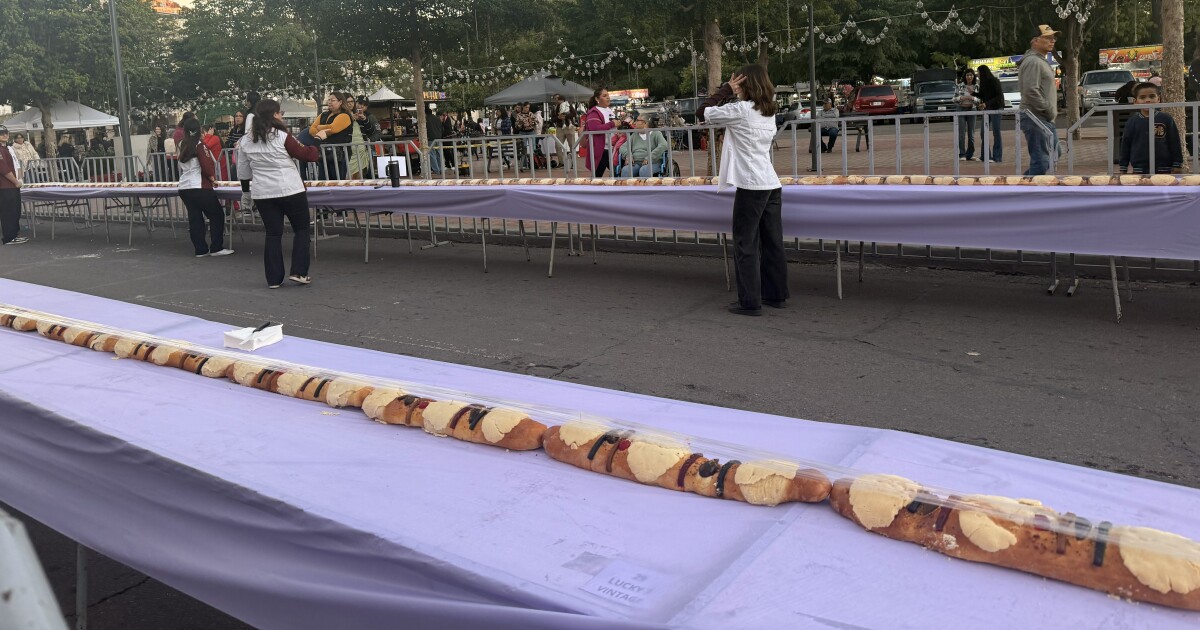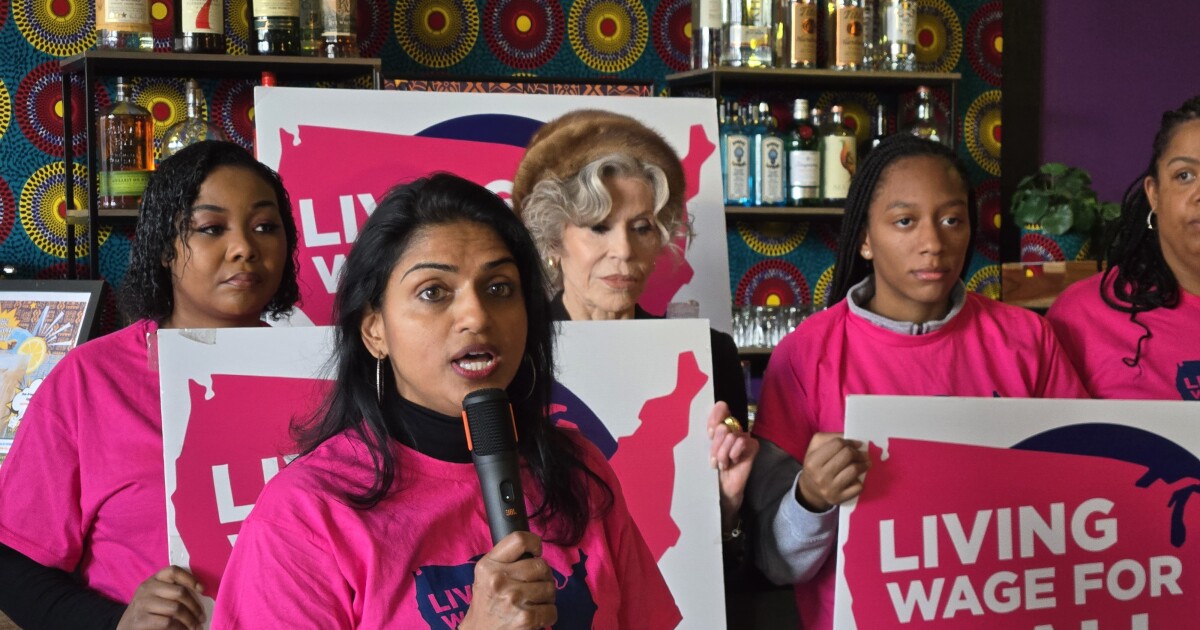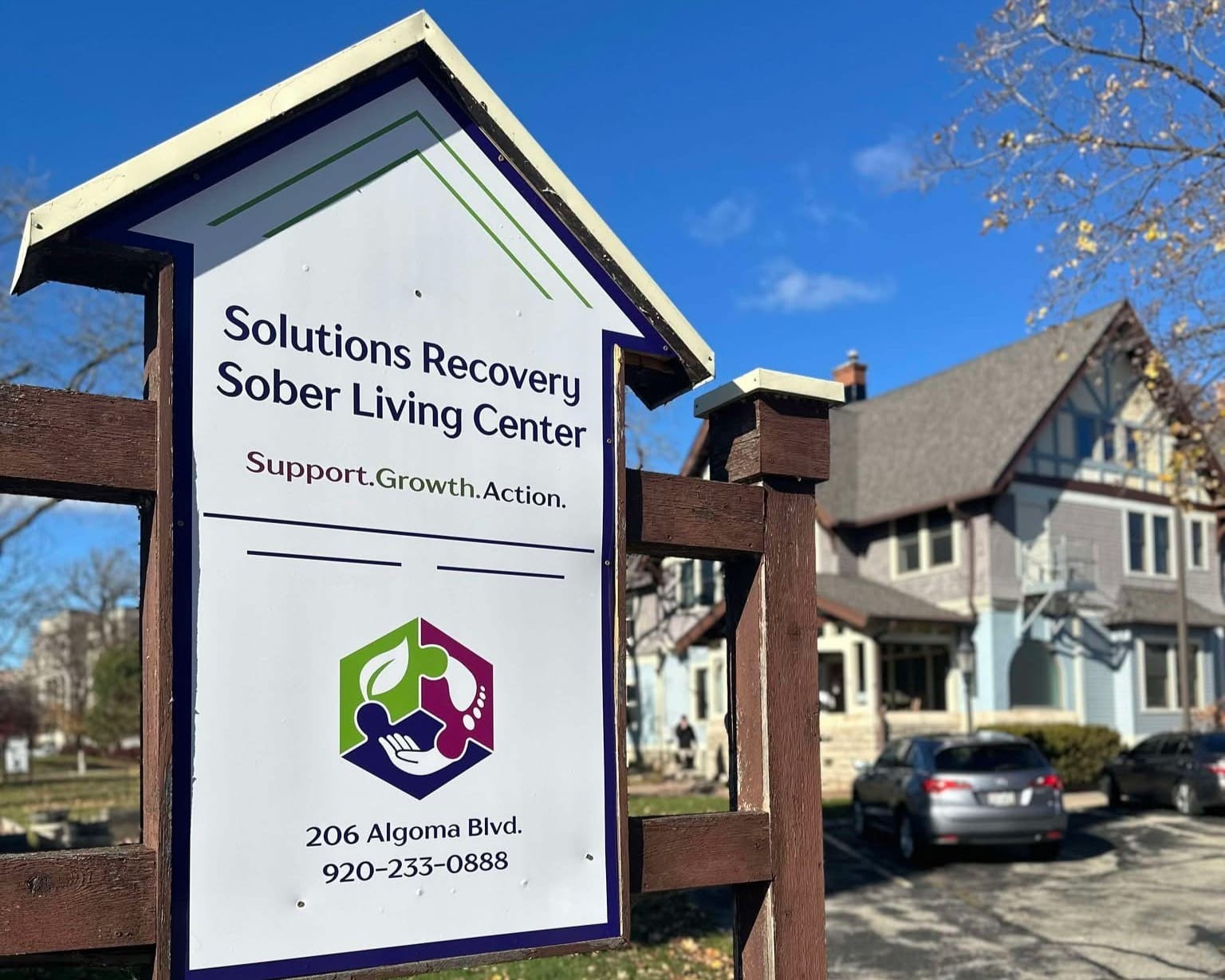In the 1980s, kindergarten “gifted” programs were elusive mysteries, often hidden inside a mere chest. Many children, like one who frequently spilled milk or painted on an easel stand, were left out, with teachers deeming them unworthy of enrichment. This experience resonates with many who still wonder about the criteria used to label young children as gifted.
Gifted program debates in New York City reignited when mayoral candidate Zohran Mamdani proposed ending kindergarten entry to the city’s gifted public school program. This move raises questions about the validity of screening 4-year-olds for academic prowess. Despite the political implications, the focus remains on the effectiveness of these early assessments.
Across the U.S., many schools attempt to determine a child’s academic potential early, sometimes as young as preschool. Private and public schools in cities like New York, Houston, and Miami enroll young children in gifted programs. The National Center for Research on Gifted Education notes that public school gifted programs commonly start between grades 2 and 4. New York City’s long history with these programs highlights the complexity and challenges of accurately identifying gifted children.
Three main strategies for selecting children for gifted programs include cognitive testing, achievement testing, and teacher evaluations. New York City relied on cognitive tests for decades, with many parents seeking an advantage through expensive prep courses. Christine, a Brooklyn parent, experienced the exclusivity of such programs firsthand, noting the disparity in resources and diversity.
Equity concerns have emerged, particularly regarding cognitive tests. In New Orleans, disparities between private and public testing were evident, with private testers identifying more gifted children than the free district process. These issues have led some districts to adopt nonverbal tests, though experts like Betsy McCoach argue that no test can eliminate the advantage of prior experience.
Research indicates that cognitive scores for 4-year-olds are unreliable predictors of future performance. Moritz Breit, a researcher, emphasizes the instability of such scores for young children, suggesting that high-stakes decisions based on them are premature. The inconsistency of early assessments poses challenges for equitable access to gifted programs.
New York City shifted to teacher recommendations for identifying gifted kindergartners in 2021, resulting in increased diversity within programs. However, experts warn that the subjective nature of teacher evaluations could lead to inconsistent definitions of giftedness. Sam Meisels from the Buffett Early Childhood Institute highlights the difficulty of maintaining consistent criteria.
Despite these challenges, access to gifted programs can be transformative. Experts advocate for universal screening using multiple measures, allowing for more personalized educational paths. In reality, resource constraints often limit individualized instruction, reinforcing the need for thoughtful gifted program structures.
The story of early gifted education selection is one of trial and error, with no perfect solution. As Meisels notes, the quest to define and nurture giftedness continues to evolve, often revealing more about societal values than educational efficacy.
—
Read More Kitchen Table News










